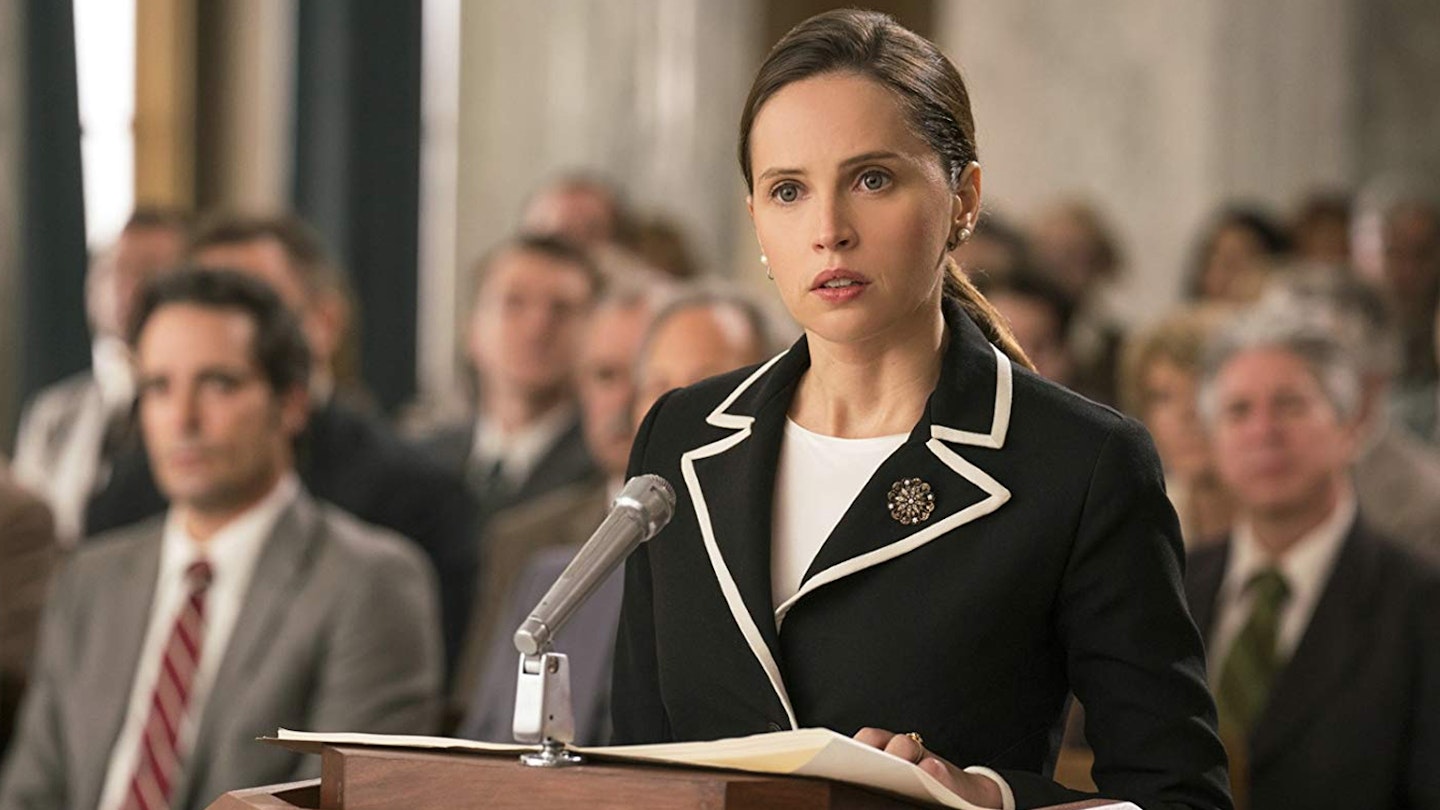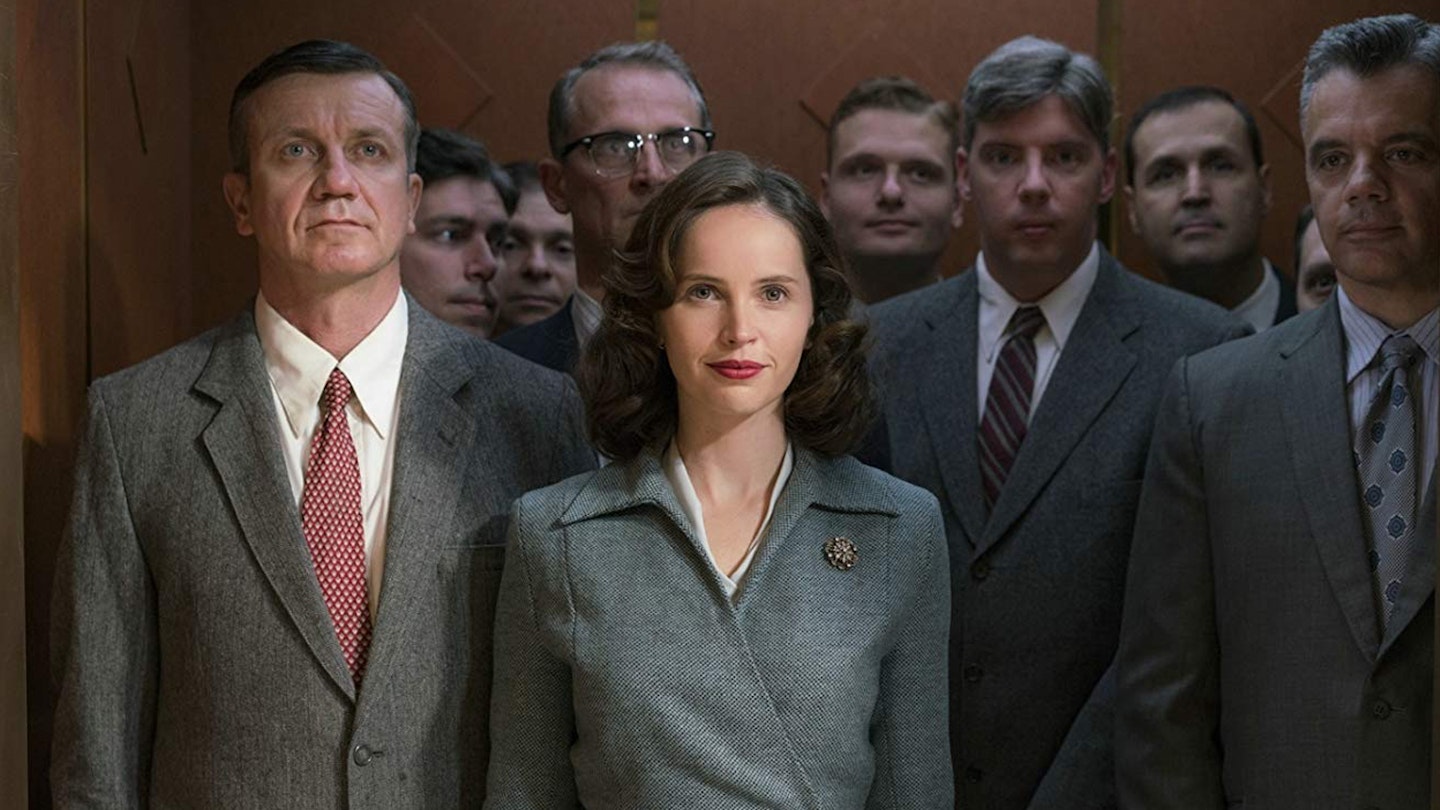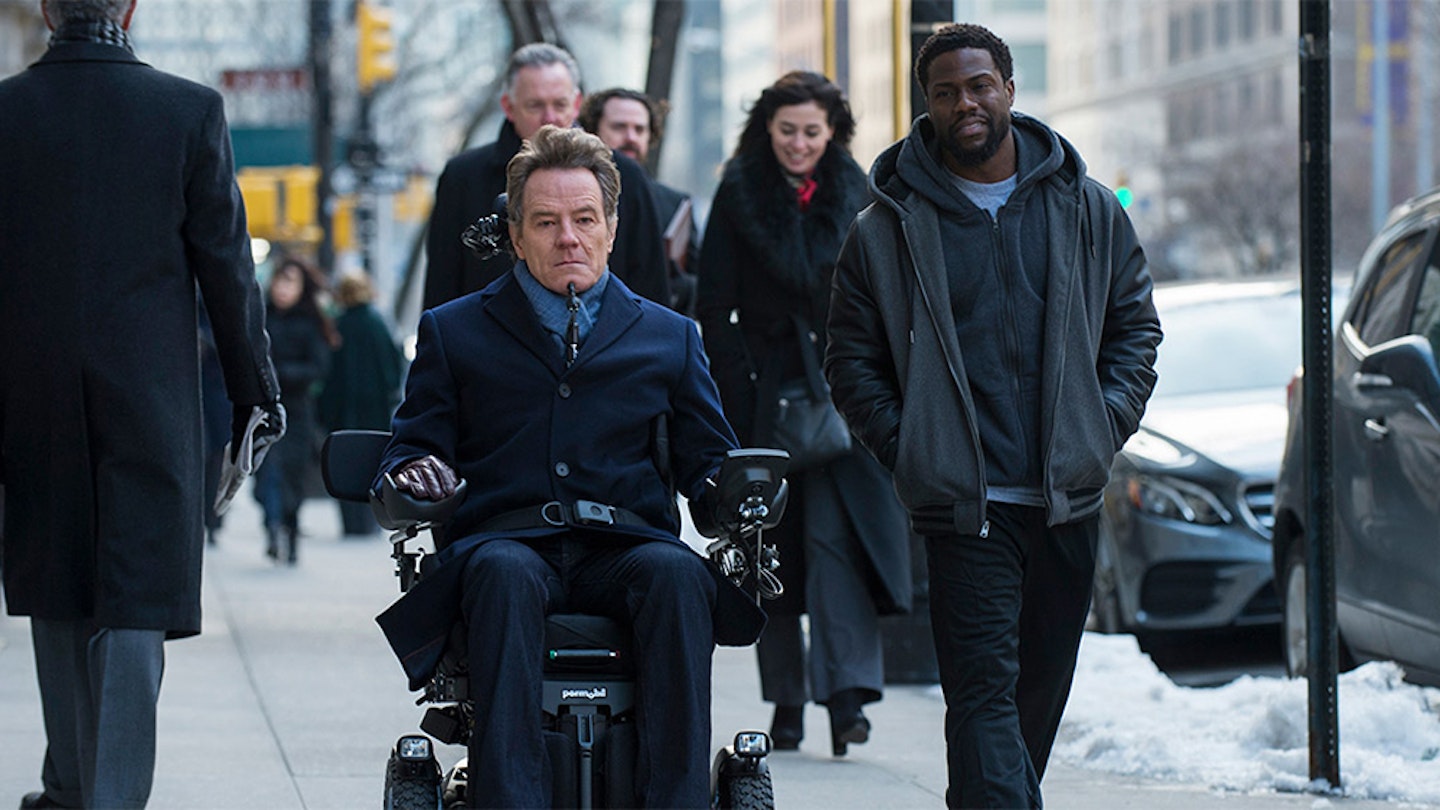Before US Supreme Court Justice Ruth Bader Ginsburg became a feminist hero and internet meme (as ‘the Notorious RBG’), she was an unlikely revolutionary. She never looked like a rebel, but as an an early female student at Harvard Law School, the lawyer-to-be, played here by Felicity Jones, unflinchingly stood up to a world hostile to her mere presence. Eventually, her quiet determination to forge her own path would change her country and lead to the repeal of its most sexist laws, as this efficient, understated biopic shows.

For all the world-shaking that Ginsburg has done, she’s an odd choice of heroine for Hollywood, in that her life is not exactly packed with incident. There is no combat for this heroine to march off to, nor do we even reach the point when she became a Supreme Court judge and, lately, the Court’s most ferocious dissenter for justice (for that story you need documentary RBG). Law, by its nature, involves a lot of sitting around with large books, and the sort of case that Ginsburg took was never heavy on courtroom theatrics: no jury trials, no thundering cross-examinations.
Mimi Leder keeps the focus close, showing Ginsburg's tiny signs of frustration.
There’s no romantic tension either: when we meet Ginsburg in her first year at Harvard Law School, she is already happily married to the husband with whom she will spend over 50 years, Marty Ginsburg (Armie Hammer). He is an enlightened feminist and equal partner by the standards of our own time, never mind his own. Encouraging of rather than threatened by his wife’s brilliance, he fights for her ambitions — and she returns the favour, toiling to get him through law school when he’s struck down with illness.
But director Mimi Leder, making a long-overdue return to the big screen, finds a way to make Ginsburg’s story engaging despite this super-healthy relationship and respectable profession. She keeps the focus close, showing the tiny signs of frustration that Ginsburg allows herself to indulge as academic and commercial doors are slammed in her face. It bubbles under until the second-wave feminist movement of the 1970s gives her an opportunity to finally step forward and take a case that will challenge an entire series of discriminatory laws.
That fight back, following years of doing the polite thing, is rousing stuff, a vindication for the beliefs and ideals of both Ginsburgs. Hammer’s easy self-confidence and charm fits perfectly with the role of a decent, privileged man who has nothing to prove but tries to do the right thing anyway. And Jones uses her British air of reserve to convey Ginsburg’s ladylike nature, though she also allows her own intelligence to shine through, giving her character sharp edges as well as genteel manners. By the end, fully evolved into a legal crusader, she is a heroine to root for, someone who made the extraordinary times that others merely lived through.






